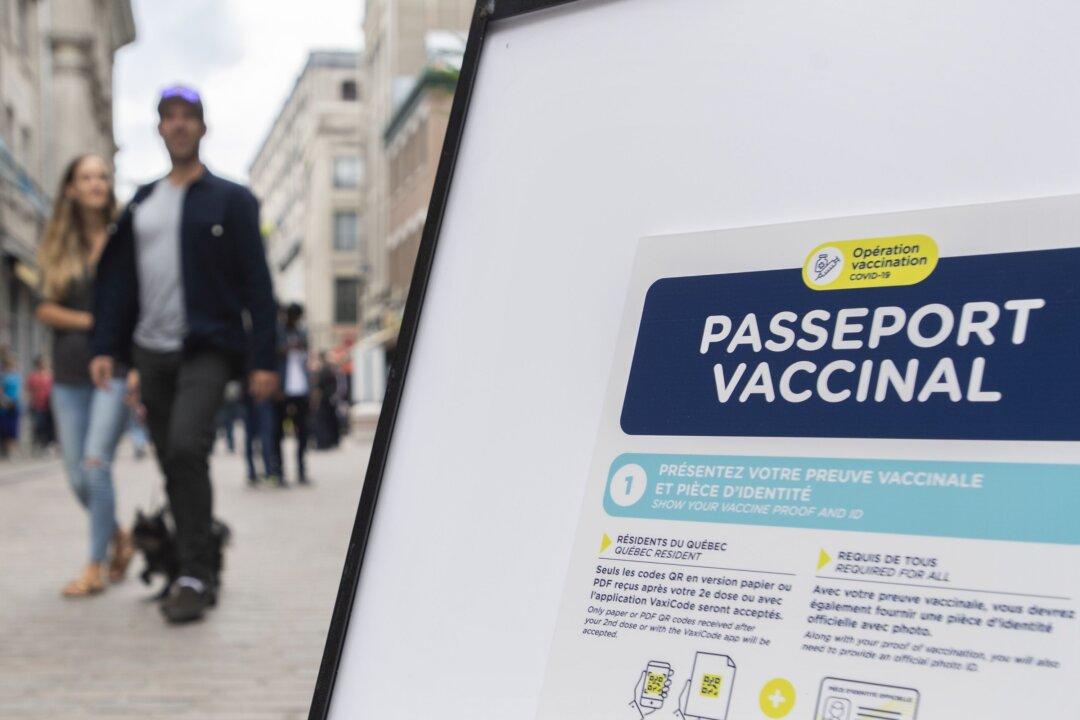At one of the world’s biggest privacy conferences last week, a seminar on vaccine passports opened with the question of how mandates should be implemented—skipping over the question of whether the inherently privacy-invasive requirement should become policy at all.
“This panel will explore one of the most important topics being debated today: How do we get more people vaccinated? How do we track and trace more effectively in the future to live with this virus, and how do we have more freedom with passes or passports in the future?” the PrivSec Global event’s intro statement said.




